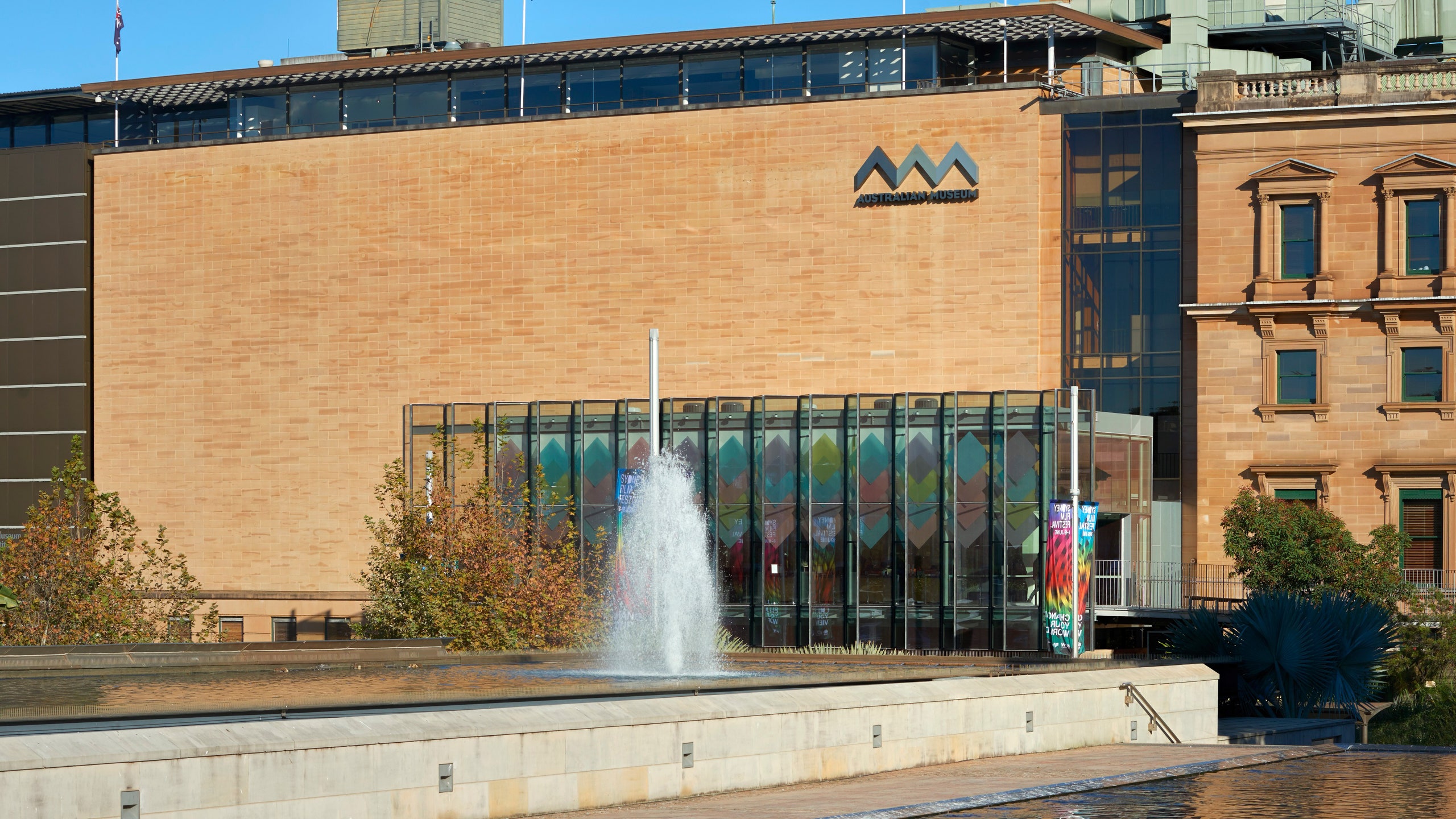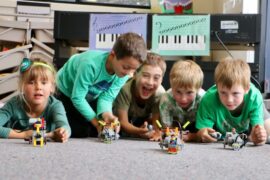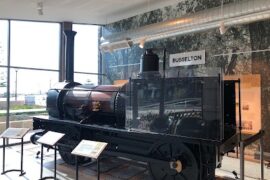Parent’s Thorough Guide to the Australian Museum, Darlinghurst
Welcome, parents! It’s time to immerse your family in the world of history, culture, and science at the astounding Australian Museum in Darlinghurst. Trust us; this is an adventure your kids will truly cherish!
Overview of the Australian Museum, Darlinghurst
The venerable Australian Museum, with its location in the heart of Darlinghurst, Sydney, was established in 1827. It stands as the oldest museum in Australia, housing a myriad of fascinating exhibitions, relevant educational programs, and crucial scientific research. It’s a veritable playground for young minds and a fantastic journey into Australia’s past and future for adults!
The Museum’s Irresistible Appeal
The unique appeal lies in its vast collection. This museum is home to over 21 million items, journeying from natural science to anthropology. Whether your little one is a budding archaeologist or a curious explorer, there’s something here for every young inquisitive mind.
Convenient Location and Accessibility
Located near Sydney’s central business district, the Australian Museum, Darlinghurst, is easily accessible. It caters to different needs with wheelchair-friendly facilities and ground-level access to exhibitions, the café, and gift shop. Planning your visit couldn’t be easier!
Navigating Through the Exciting Exhibitions
From fossils to insects and minerals, from Indigenous artefacts to Pacific cultural objects, the variety is simply mind-boggling. Let’s guide you on how to make the most out of your family’s visit.
The First Australians Galleries
This exhibition showcases the rich and varied cultures of Australia’s Aboriginal and Torres Strait Islander peoples. It’s an excellent opportunity for your children to gain a deeper understanding of Australia’s Indigenous history and culture.
The Wild Planet
Immerse your kids in a journey around biodiversity at the Wild Planet exhibition. They will learn about the immense variety of life on our Earth and the environmental problems they face.
Making Learning Fun Through Educational Programs
The Australian Museum knows how to make learning fun and engaging. With diverse hands-on activities, workshops, school holiday programs, and more, it’s the best education your kids could have without even realizing it.
Stay tuned for our following posts where we dive deeper into the specific exhibitions, programs, and tips for having the best family day out at the Australian Museum, Darlinghurst!

Fun Workshops and Programs
The museum conducts regular workshops aimed at making learning fun. From archaeology workshops to science labs, the museum organizes exciting activities where kids can indulge in hands-on experiments, making education an adventure!
School Holiday Programs
Parents, say goodbye to vacation boredom! The Museum’s holiday programs ensure that kids use their vacation time productively while having a world of fun. With a variety of themes catering to different age groups, it’s a holiday hit you won’t want your kids to miss.
The Amenities – Eating, Shopping, and More
Long day at the museum? No worries! The Australian Museum has you covered.
Feeding the Family
The Museum Café offers a diverse menu that should satisfy even the fussiest of eaters! With healthy options and delightful treats available, this is a perfect spot to rejuvenate between exhibitions.
Gift Shop Goodies
Don’t forget to check out the museum’s gift shop! With a range of educational toys, books, and Australian Museum souvenirs, you can keep the learning and memories alive after your visit.
Final Tips and Tricks
Plan ahead, investigate the online exhibitions guide to plan your day, and arrive early to take full advantage of all the museum offers. Choose exhibitions you think will appeal to your children’s curiosity, and immerse them in a world of knowledge and fun!
Opening Hours and Ticket Pricing
The museum opens from 10 am to 5 pm every day. Ticket prices vary, but kids under 16 enter for free!
Conclusion
So, parents, buckle up! Your adventure-filled family day at the Australian Museum, Darlinghurst is calling. Go ahead and awaken the joy of discovery in your little ones at this amazing destination!
Preparing for a Visit to the Australian Museum Darlinghurst: 5 Key Tips for Parents
As a highly informative and educational destination, the Australian Museum Darlinghurst holds a multitude of wonders for kids to explore. Here are the top 5 things parents should know to prepare for a successful visit.
1. There’s Plenty to Explore
The first thing to know is that the museum is huge and filled with fascinating exhibits. This includes a collection that showcases Australia’s unique animal life, ancient fossils, indigenous culture, and more. So plan and allocate enough time for a comprehensive tour.
2. Use the Museum’s Resources
The Australian Museum provides plenty of resources to enhance your visit. Obtain a museum map and check out the museum’s website ahead of time to identify exhibits that might interest your kids.
3. Consider the Age of Your Children
The museum is ideal for older kids and teens. However, it also offers resources for younger children such as the ‘Kidspace’ for children under 5 years old.
4. Visit during Off-Peak Times if Possible.
If you want to avoid crowds, then consider visiting during weekdays or early in the morning during weekends. This way, your kids will have more room to explore and interact with the exhibits.
5. Prepare for the Day
Finally, remember to bring essentials such as water, snacks, comfortable shoes, and hats for outdoor areas. There is a café on site, but you could also pack a picnic to enjoy at the nearby Hyde Park after your museum visit.
Visiting the Australian Museum Darlinghurst could be an exciting and educational day out for the family. Preparing and knowing what to expect will ensure everybody gets the most out of the experience.
For more great articles please see here. For more information see here
Disclaimer
The articles available via our website provide general information only and we strongly urge readers to exercise caution and conduct their own thorough research and fact-checking. The information presented should not be taken as absolute truth, and, to the maximum extent permitted by law, we will not be held liable for any inaccuracies or errors in the content. It is essential for individuals to independently verify and validate the information before making any decisions or taking any actions based on the articles.




